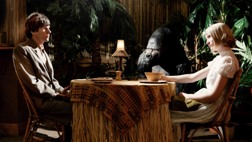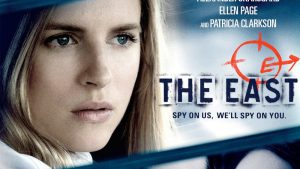
Reflection on Philip Seymour Hoffman and Indie Films to Look Out for in 2014
After Sundance 2014, I was ready to discuss my favorite films I had the pleasure of seeing and share my overall views on the festival,

After Sundance 2014, I was ready to discuss my favorite films I had the pleasure of seeing and share my overall views on the festival,

It’s that time of year again. I am very lucky to say I’ll be attending Sundance for the 4th time! Every year I have been
The Secret Life of Walter Mitty, inspired by the 1939 short story of the same name by James Thurber, tells the story of a bored

Kill Your Darlings stars Daniel Radcliffe as Allen Ginsberg, Dane DeHaan (Chronicle) as Lucien Carr, Ben Foster (3:10 to Yuma) as William Burroughs, and Jack
Shane Carruth, best known for writing and directing 2004’s cult classic Primer, returned to Sundance this past year with his sophomore film, Upstream Color. The
David Sedaris fans have waited a long time for this moment. Finally, one of his essays has been turned into a feature film. The chosen
Ain’t Them Bodies Saints premiered in January at Sundance 2013. The following Theatrical Premiere took place on Tuesday (August 13th) at the Museum of Modern

Fiend by Peter Stenson is, in over-simplified TV terms, Breaking Bad meets The Walking Dead. In St. Paul, Minnesota, two meth heads emerge from seclusion

Lovelace is an autobiographical film based on the life of Linda Susan Boreman (January 10, 1949-April 22, 2002), known to the public as Linda

The East stars indie darling Brit Marling (Arbitrage, Another Earth) as Sarah, an operative for a private intelligence firm. The firm instructs her to